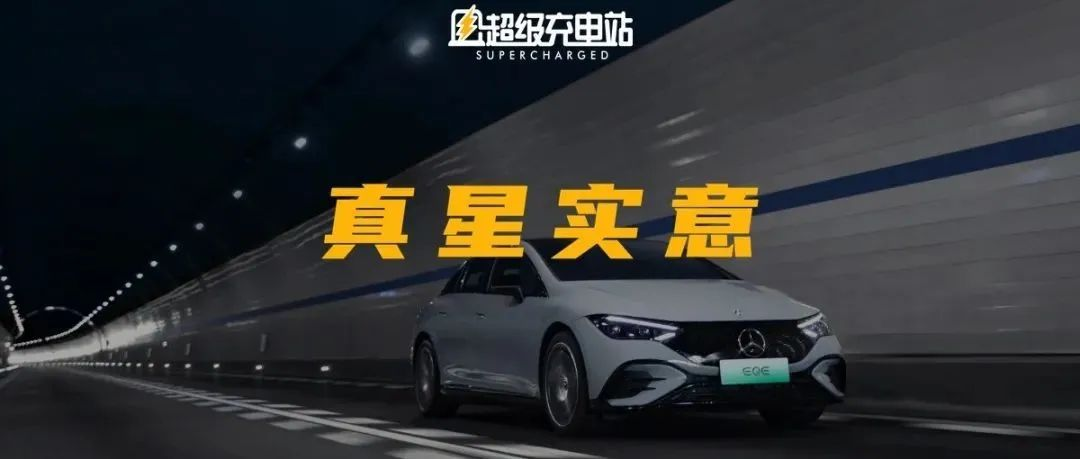Mercedes-Benz Announces Price Cuts for EQS and EQE Electric Vehicles
Author: French Fries Fish
Luxury and price cuts. When these two seemingly unrelated words appear simultaneously on the Mercedes-Benz brand, a strange sense of conflict arises.
Moments ago, Mercedes-Benz officially released the pricing updates for its electric EQS and EQE models:
- EQE prices have been reduced by approximately 50,000 yuan to 534,300 yuan
- EQS prices have been reduced by approximately 230,000 yuan to 1,314,000 yuan
- The AMG EQS 53 price has been reduced by approximately 200,000 yuan to 1,547,000 yuan
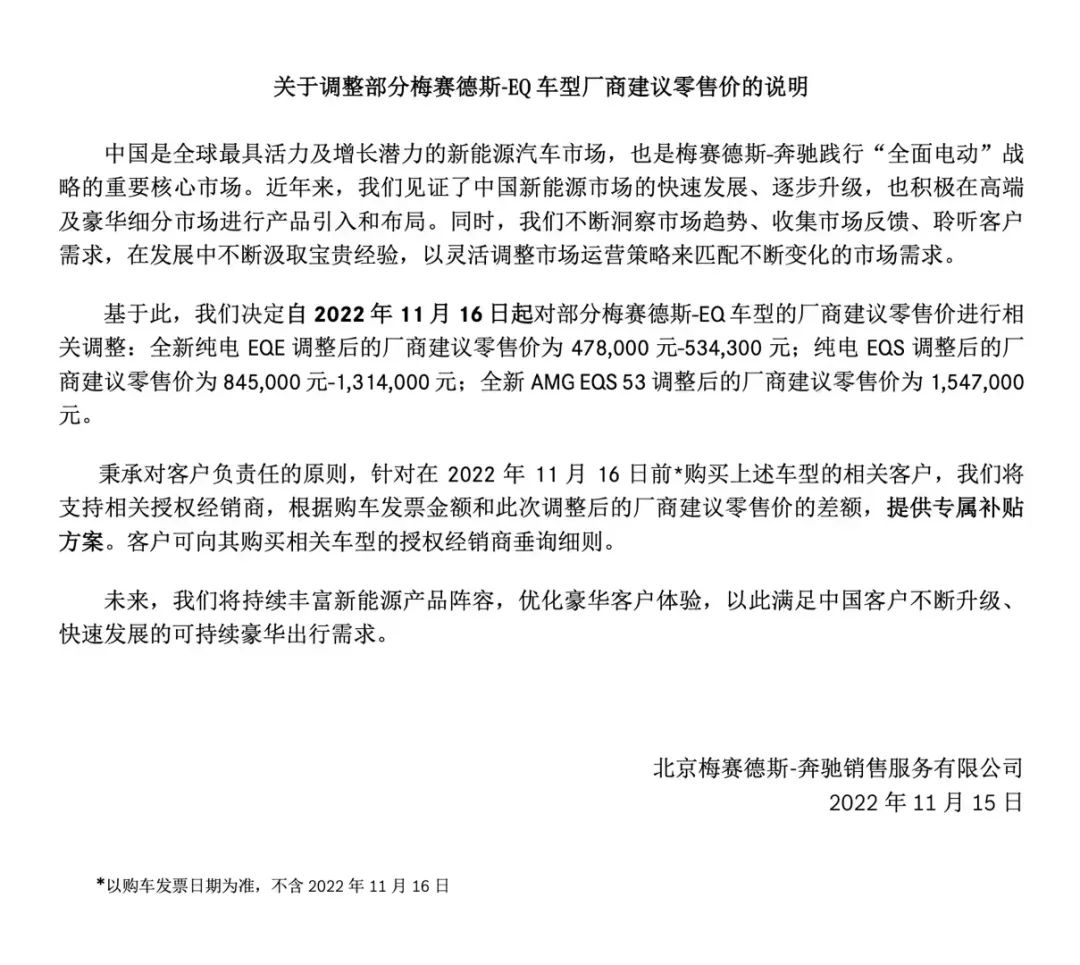
“Sorry, the number you have dialed is busy…” On the other end of his unreachable phone, I really want to know what color my company’s CEO who is the first EQS owner in the Asia would have about tonight’s mood among the price cuts and subsidies.
Proactive Change is the Greatest Good
The public seldom shows leniency to the Mercedes-Benz EQ family. On the one hand, the early EN (New Energy) players have basically established the new energy market structure and user mindset toward EVs. The development of the internet as facilitated by the new-starters also made more users accustomed to the product labels of electric vehicles: range distance of xxx km, maximum power of xxx kW, maximum torque of xxx Nm, acceleration of x.x seconds, and a stopping distance of xx meters. Mercedes’ promotion of its performance-focused attribute as the primary product asset often falls on deaf ears.
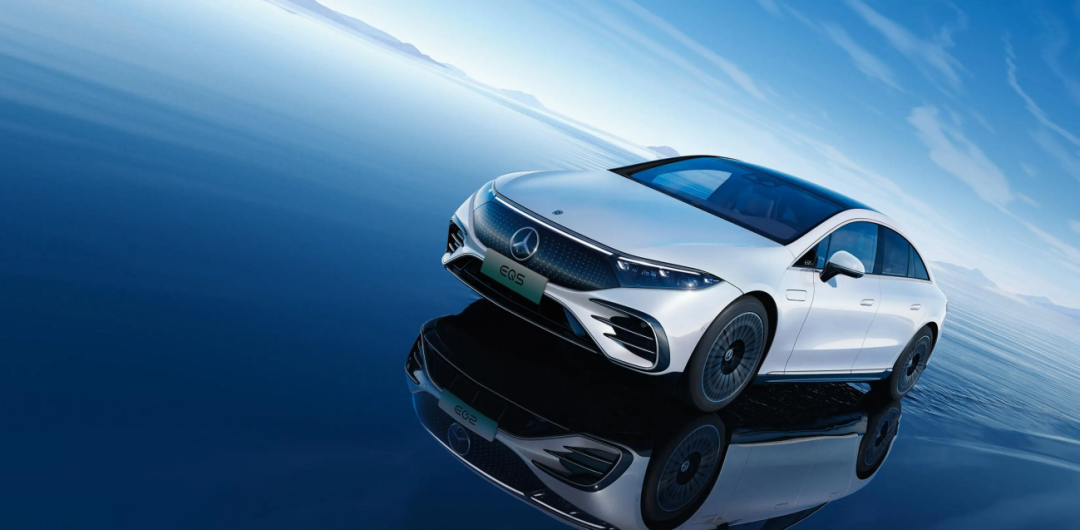
On the other hand, as a traditional luxury brand, even in the new energy race track, Mercedes-Benz has its own persistence. Luxury, quality, silence, comfort… These seemingly mystical terms are difficult to standardize but require large investment. The creating of the feeling of luxury also requires substantial funds that the German brand does not skimp in providing. However, the appreciation of the “Mystic” factors can only be known from first-hand experience. In the face of the current public opinion often indulged by e-commerce, Mercedes-Benz is at a disadvantage in publicizing their performance values.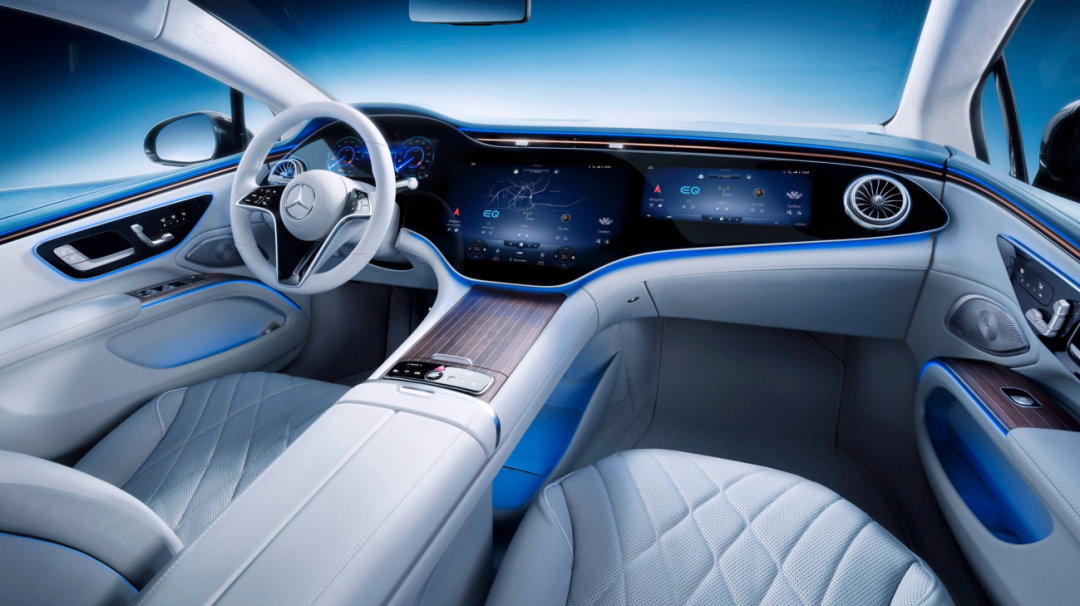
If we want to delve into the EQS and EQE models themselves after experiencing the actual vehicles in depth, we still stick to the opinions we expressed in the video. They may not be perfect, but they certainly have strong product power in their respective directions.
However, in the world of price, high cost, strong product power, and luxury texture are detailed explanations for “expensive”. When the “onlookers” who pay more attention to the visible performance parameters encounter “expensive” and get two “losses”, the EQS and EQE prices immediately “advance” to “expensive”.
Electric cars with a “pricey” reputation seem to have a hard time achieving good sales figures, even if they are crowned with a three-pointed star logo. The market situation in recent months is the best feedback we can get.
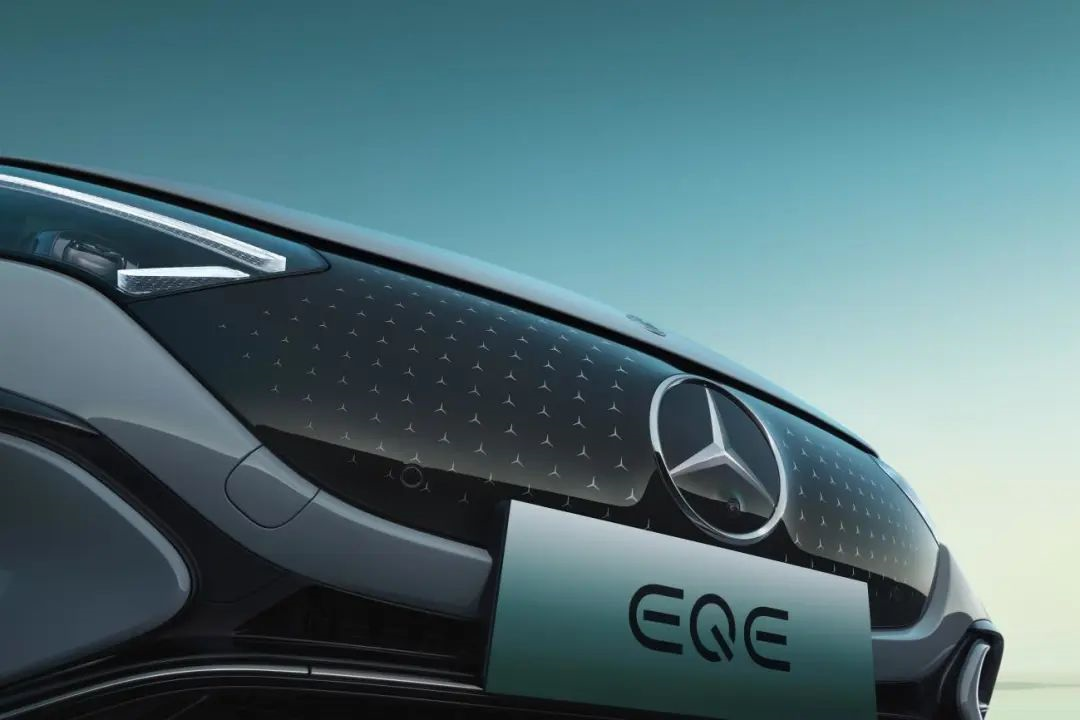
Fortunately, Mercedes-EQ in the new arena does not have the arrogance of the old money style. On the contrary, we even want to give it a positive comment tonight.
Faced with the fierce competition in China’s pure electric market, Mercedes-Benz chooses to face the objective sales problem with a practical attitude; in the face of the problem, Mercedes-Benz chooses to give an open attitude to the response plan. And the most likely price reduction is currently the most active and positive gesture in the current environment.
When trust is rewarded
When it comes to official price reductions, especially for new energy electric vehicles, people who pay attention to the industry might immediately think of several scenarios.
In the car friend group, users who say “pick up the car one day earlier, save 20,000 RMB” are discussing their solutions for rights protection;
Before the store, old customers gather and banners block the way, becoming a new offline element;
…
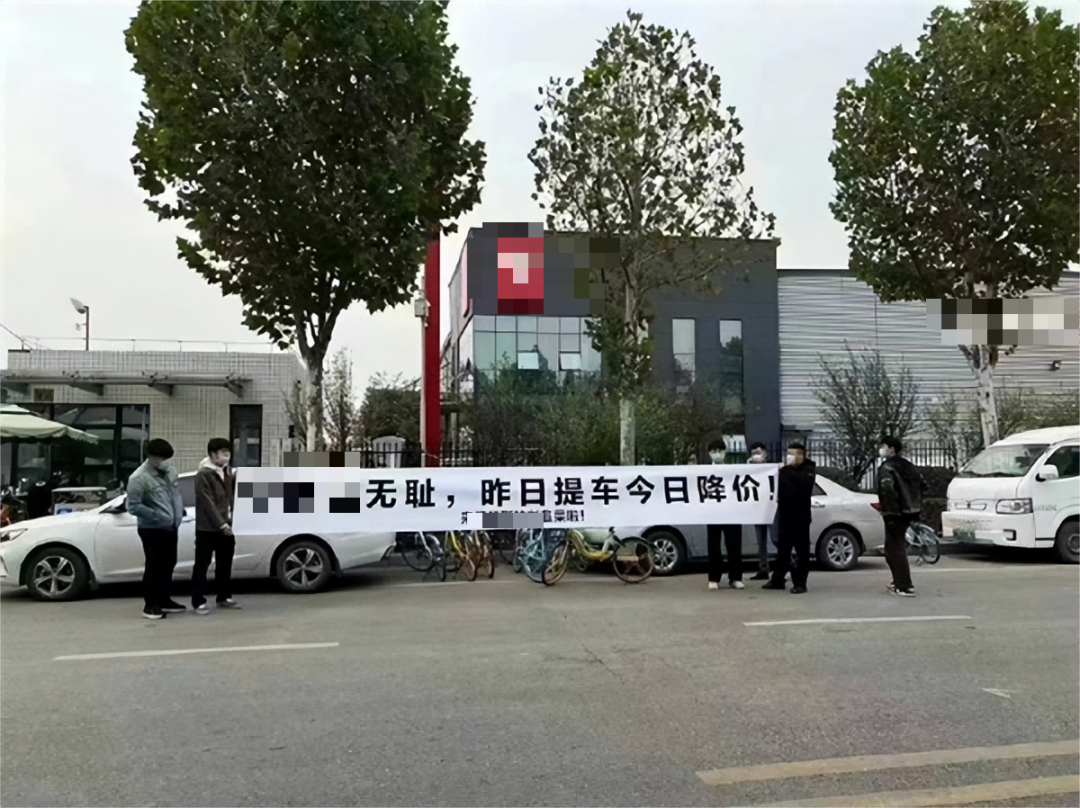
Certainly, in front of rationality, prices are determined by market rules. When there is a rise, there must be a fall. Under the contract spirit of buy and hold, it seems difficult for consumers to find a reasonable position for rights protection.However, in the moment of emotion, nobody’s money is blown in by the wind. What users want to vent is more due to the frustration of “expensive by tens of thousands a few days ago”. I bought from you because I trusted you, and you lowered the price as soon as I got the car, which is a betrayal to me.
Rationally, it is a legitimate business practice for car companies; emotionally, users have become another batch of “leeks”.
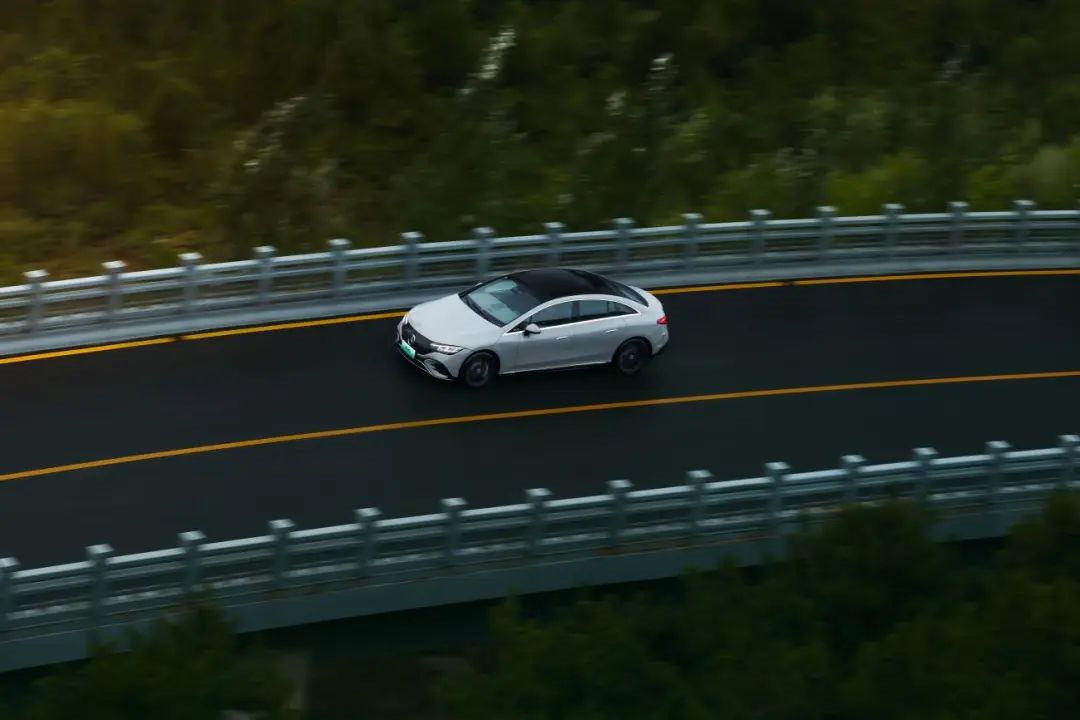
Taking a lesson from past mistakes, Mercedes-Benz has made a different choice – to take responsibility.
According to the information in the announcement, Mercedes-Benz will support authorized dealerships and provide exclusive subsidy plans for old customers based on the difference between the purchase invoice amount and the manufacturer’s suggested retail price after the adjustment. In other words, due to the official price reduction, Mercedes-Benz will provide a bottom line for old customers.
What does it mean to be a century-old luxury brand?
Mercedes-Benz, the best at luxury, has raised the feeling of luxury to a new dimension; the most direct benefit is that Mercedes-Benz has sincerely retained the last dignity of the distinguished Mercedes-Benz owners.
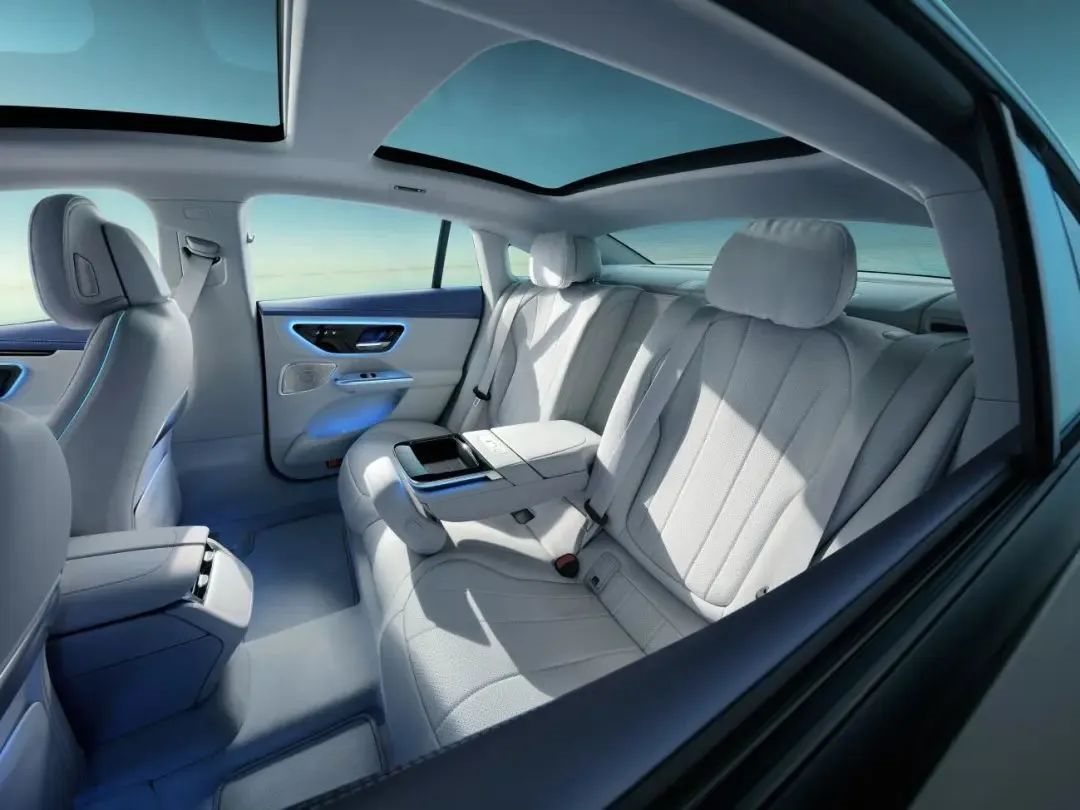
To borrow a plot from the martial arts novel that I have recently been addicted to, when users chose Mercedes-Benz at the original price, it was a favor; when Mercedes-Benz compensated users at a reduced price, it was justice. Under the established facts, Mercedes-Benz used feedback actions to connect with user trust, and this is probably the true user enterprise.
No innocent snowflake
Reducing prices is undoubtedly a good thing for consumers, but what about the various competitors in the industry?
In my opinion, Mercedes-Benz’s official price reduction is undoubtedly a double-edged sword hanging over the heads of all new energy manufacturers.
On the positive side, we must certainly recognize the outstanding achievements that new forces have made in products, services, and costs, and the perfect experience system constructed from them is enough to make consumers vote with their wallets in the most real sense, which even led to the old luxury brands choosing to respond with price cuts.
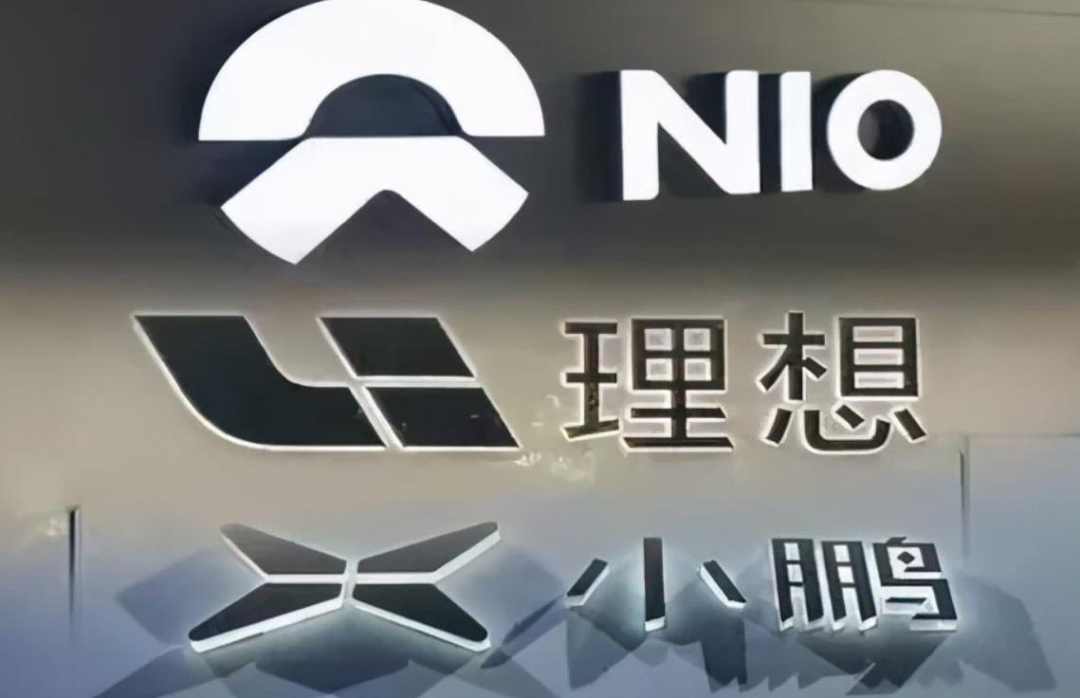 The so-called negative side, we still adhere to the recognition of the product power of EQS and EQE themselves, but the previous price blocked the decision range of potential users. When the price becomes reasonable, the performance of EQS and EQE will anchor the corresponding product quality to the new price, and how many people can resist the temptation to own a Mercedes-Benz? At this time, the pressure of price reduction is not only borne by Mercedes-Benz.
The so-called negative side, we still adhere to the recognition of the product power of EQS and EQE themselves, but the previous price blocked the decision range of potential users. When the price becomes reasonable, the performance of EQS and EQE will anchor the corresponding product quality to the new price, and how many people can resist the temptation to own a Mercedes-Benz? At this time, the pressure of price reduction is not only borne by Mercedes-Benz.
I like to see the price range of vehicles from low to high as a spring, and the cars at different price levels are like iron hoops occupying different positions one after another. Between these “hoops”, there is an up and down conduction relationship. When the upper layer of car prices begins to decline, it is equivalent to the top spring being under pressure and compressed, and the lower price range will also become more tense, that is, all players on this chain will be under the pressure of price reduction.
The logic behind this is also very straightforward. When the official price reduction occurs, if the user can buy a product with a product power average above this price level with the same budget, what reason does he have to choose the product that originally occupied that price level? And those original models need to survive, and price reduction is probably their most direct choice.
Therefore, price reduction will form a coherent transmission chain. But the problem is that in the face of absolute price reduction amounts, higher-end positioned car models can compress profit margins to make room, while lower-priced car models may have only that much total profit margin. So in the face of loss and unsold inventory, how should they handle it?
After all, when the avalanche comes, no snowflake will be innocent.
-END-
This article is a translation by ChatGPT of a Chinese report from 42HOW. If you have any questions about it, please email bd@42how.com.
